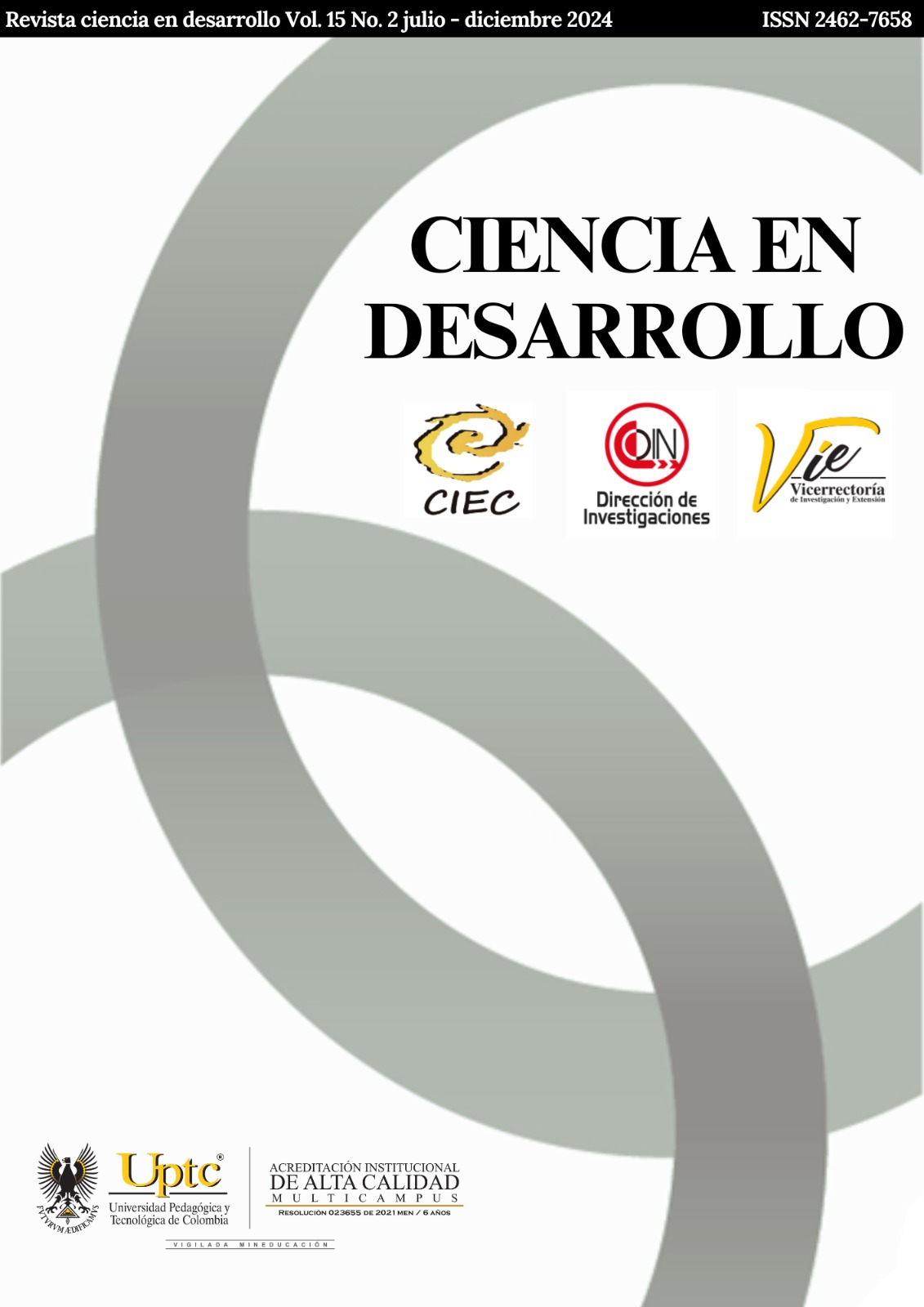The habitable zone of confirmed exoplanets to-date

Abstract
This work presents a statistical analysis of the most recent confirmed exoplanets catalog to date. We use the physical properties of the exoplanets and their stars to calculate the Habitable Zone and an extension to this region from the uncertainties of the inferred luminosity. The latter adaption to our pipeline allows us to increase the sample of exoplanets inside the region that favors the existence of liquid water and a stable atmosphere from 89 to 134. Besides that, we find six exoplanets have water and other biosignatures (Carbon, Hydrogen, Oxygen, Nitrogen). From the catalog built with different online and past telescopes focused on the discovery and confirmation of exoplanets and, in the future, extraterrestrial life, and without including any model for the exoplanet's atmosphere, we conclude that there is a 2.5\% of detecting exoplanets inside the Habitable Zone of their star, and at least, a 0.1\% probability of finding traces of biomolecules in their atmospheres. However, the calculated probabilities with the method here implemented will change dramatically with the ongoing campaigns run by the James Webb Space Telescope and other high-resolution spectroscopic capabilities.
Keywords
Exoplanets; Habitable Zone.
References
- Rebolo R., 2011, Revista Española de Física, 17(4).
- Ramirez, R. M. 2019, 50th Annual Lunar and Planetary Science Conference
- Ramirez, R., Abbot, D. S., Fujii, Y., et al. 2019, BAAS, 51, 31. doi:10.48550/arXiv.1903.03706
- Pedbost, M. F., Pomalgu, T., Lintott, C., et al. 2020, arXiv:2003.13722. doi:10.48550/arXiv.2003.13722
- Hill, M. L., Bott, K., Dalba, P. A., et al. 2023, AJ, 165, 34. doi:10.3847/1538-3881/aca1c0
- Arthur, R. & Nicholson, A. 2023, MNRAS, 521, 690. doi:10.1093/mnras/stad547
- Hall, S. 2022, Nature, 609, 229. doi:10.1038/d41586-022-02350-2
- Resolución B3, Unión Astronómica Internacional(IAU). 2015. https://www.iau.org/static/ resolutions/IAU2015_English.pdf
- Resolution No. 10 of the XVIth General Assembly of the International Astronomical Union. Grenoble, 1976. https://www.iau.org/
- science/meetings/past/general_assemblies/71/
- Rushby, A.J., Claire, M. W., Osborn, H., Watson,A.J., 2013, Astrobiology, 13(9):833-849. https://pubmed.ncbi.nlm.nih.gov/ 24047111/
- Jones, B. W., Sleep, P. N., Underwood, D. R., 2006, AJ, vol. 649, no. 2, pp. 1010. https://iopscience.iop.org/article/10.1086/506557